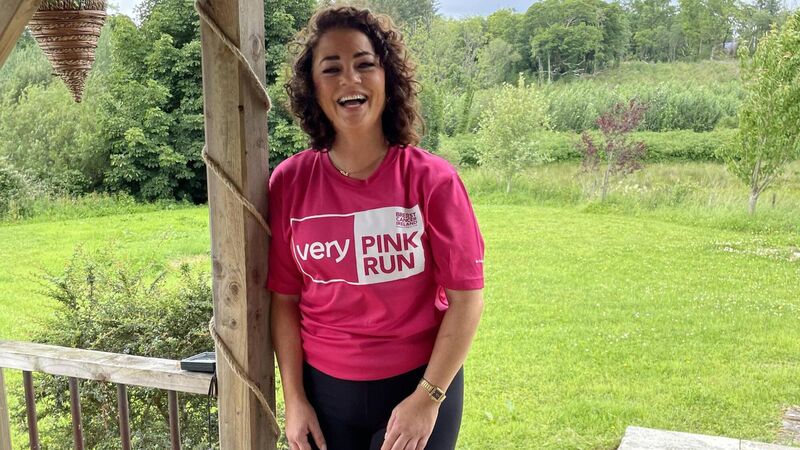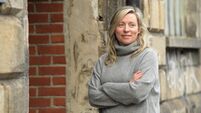My breast cancer story: 'I remember walking out feeling like I had come out of a war zone'

In March 2022, Paula Guckian found a lump under her right arm while in the shower. She was concerned enough to make an appointment with her GP, but on examination, she was reassured that there was nothing to worry about.
In March 2022, Paula Guckian found a lump under her right arm while in the shower. She was concerned enough to make an appointment with her GP, but on examination, she was reassured that there was nothing to worry about.
However, the lump didn’t go away, and she experienced further changes and eight months later spoke to the medic again, as not only was the lump still there, but her right breast had become quite hard.











